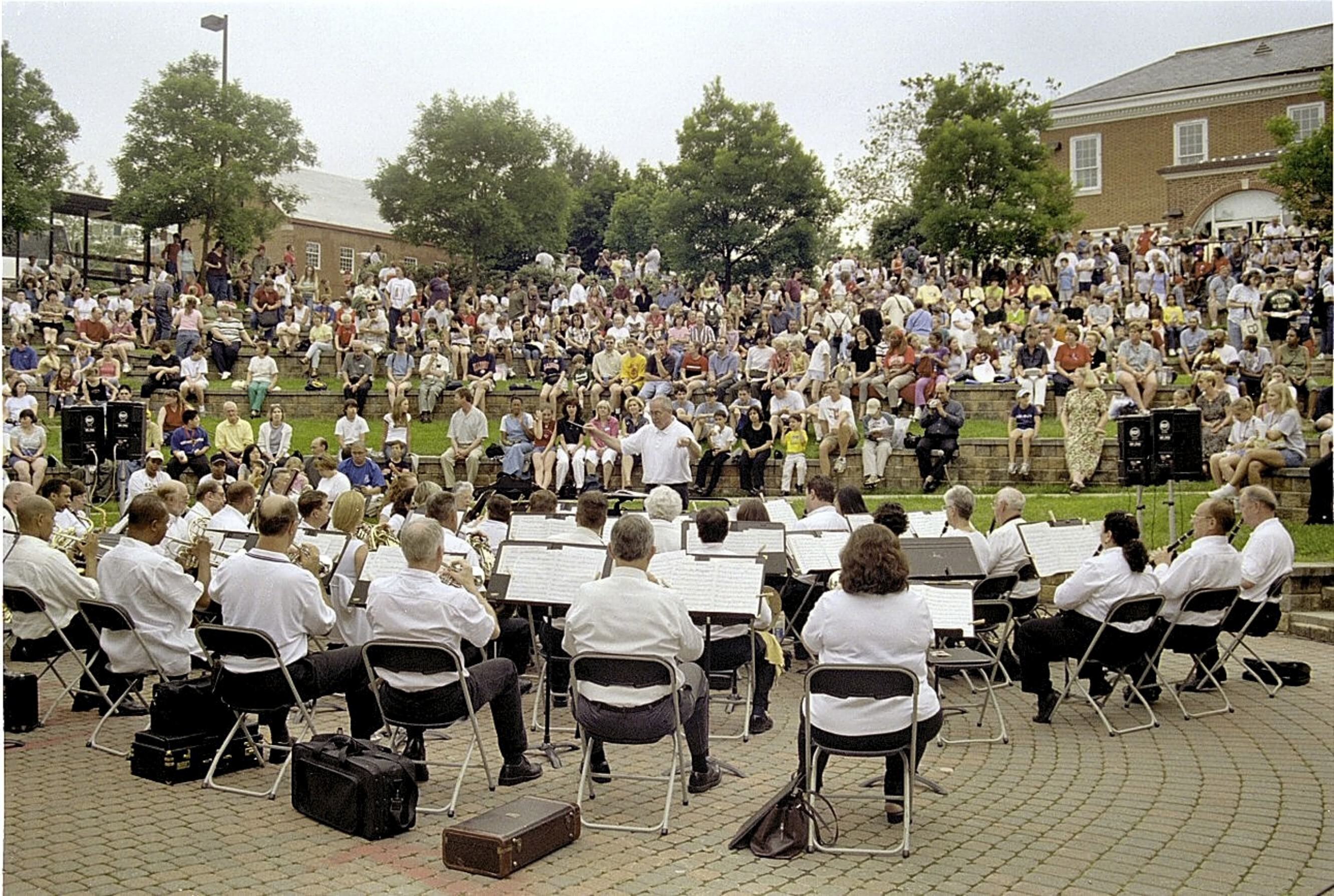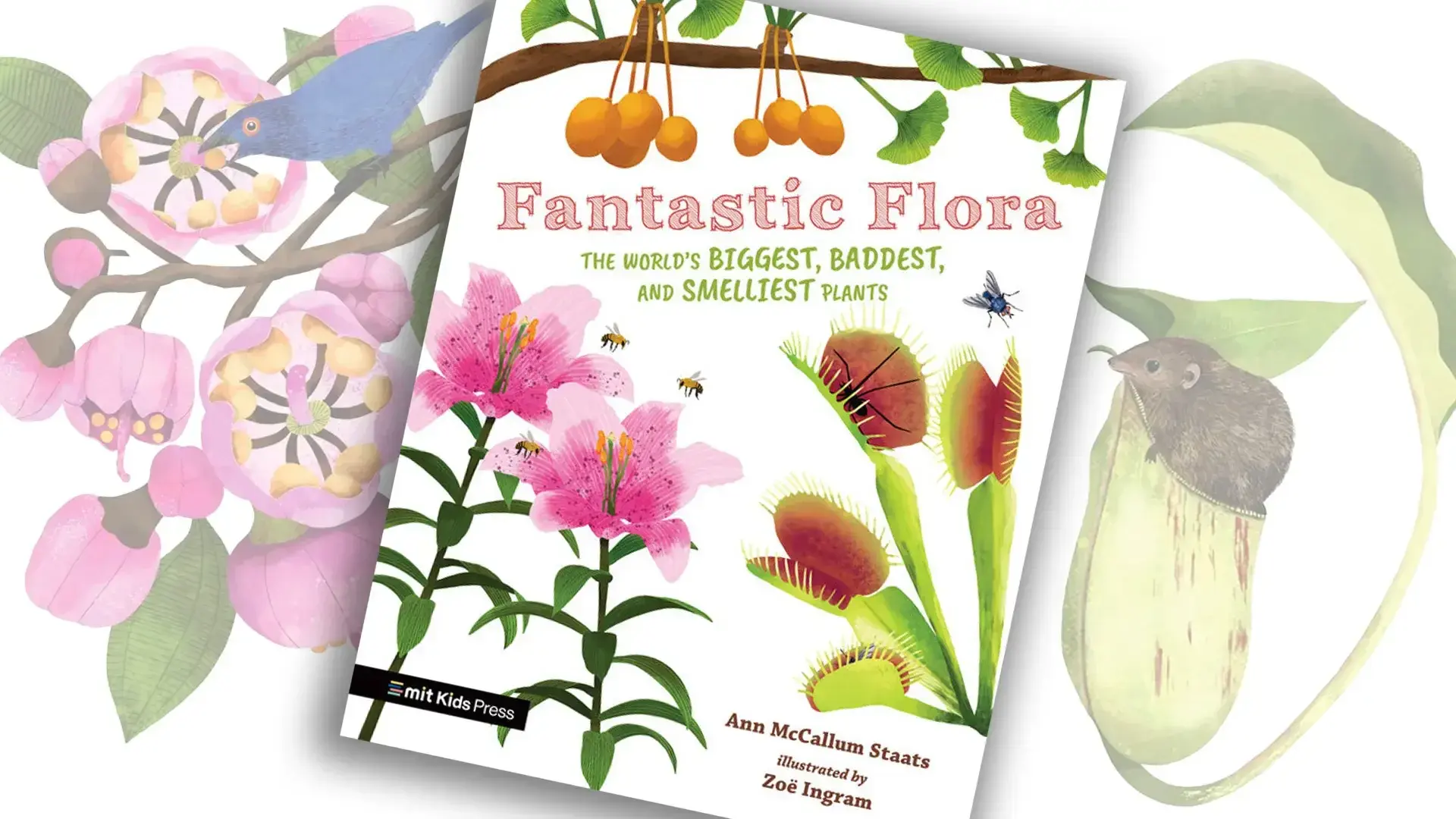Research Award: Samuel Ramsey Ph.D. ’18
Research Award: Samuel Ramsey Ph.D. ’18

University of Maryland graduates are among the best and brightest in their fields. From scholars and innovators to entrepreneurs, teachers and researchers, our alumni are leaving their mark in our state, nation and the world. The Alumni Excellence Awards provide an opportunity to recognize the accomplishments of select Terps, and honor these recipients with distinction. Careful consideration was made in selecting our 2021 recipients across four categories: Rising Terp Award, Research Award, EnTERPrenuer Award and Legacy Award.
The Research Award honors an alumnus/a whose research has made a significant impact on the university, the state and/or the nation. Up to three Research Awards will be granted annually, celebrating a Terp/s whose research is transformational.

Do Good Spotlight: How Lisa Wiederlight ’90 is Building a Home for Hope

A Legacy Beyond His Years: Alum’s Gift Honors Veteran’s Memory at Maryland

Three Generations, One Stage: Maryland Community Band Turns 30

